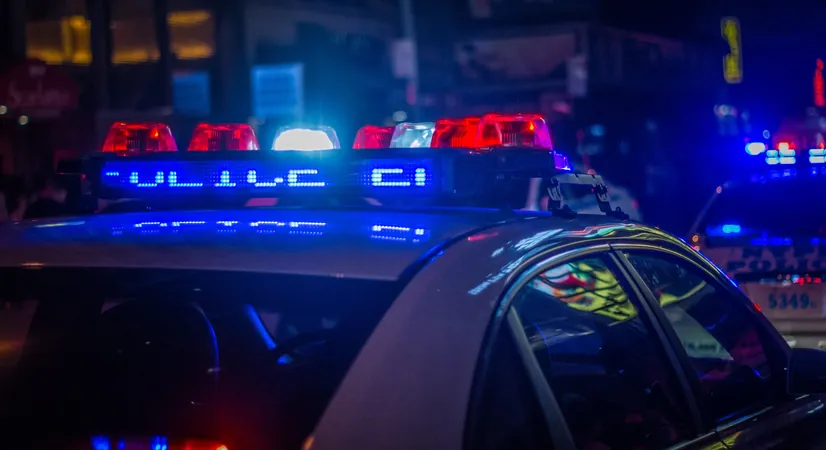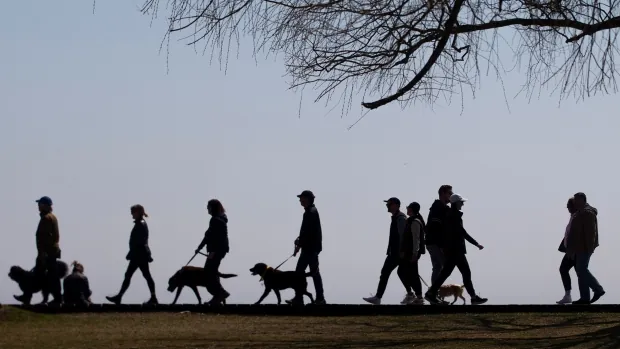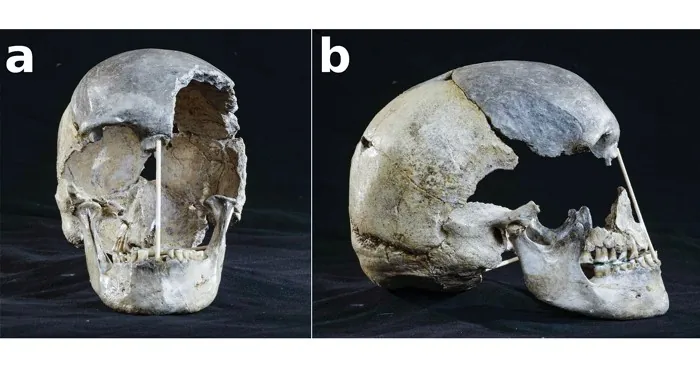
The Pandemic's Unexpected Impact on Police Response to Mental Health Crises in Atlantic City
2024-12-16
Author: Emily
Introduction
The COVID-19 pandemic has dramatically reshaped numerous aspects of daily life, not only threatening physical health but also taking a toll on mental well-being. A recent study conducted by researchers at Stockton University has scrutinized police data from Atlantic City, NJ, revealing significant changes in how law enforcement responded to mental health-related calls before and after the pandemic struck.
Key Findings of the Study
Released in the Criminal Justice Policy Review, this important study sheds light on the pandemic's far-reaching consequences, particularly spotlighting the alarming rise in anxiety, depression, and substance abuse. Christine Tartaro, a distinguished professor of criminal justice at Stockton University, highlighted that individuals from socially disadvantaged backgrounds and those with pre-existing mental health issues faced the most significant challenges during this crisis.
Methodology of the Analysis
The researchers analyzed over 2,400 police calls pertaining to mental health between January 2019 and December 2022, effectively capturing trends before and after the stay-at-home orders were implemented in mid-March 2020. Their findings unveiled a temporary decline in police responses to mental health crises during the initial months of the pandemic, suggesting a shift in how these situations were handled.
Temporary Changes in Call Volume
Interestingly, while the overall call volume for mental health assistance dipped temporarily, the study did not find a long-lasting trend of reduced police involvement through 2022. As Tartaro noted, this reduction was likely influenced by stricter social distancing measures and public hesitation to seek help during the early pandemic—understandably motivated by fears of COVID-19 contagion in hospitals.
Public Hesitation and Police Contact
Moreover, the study outlined a noticeable decline in police-initiated contacts concerning mental health issues after pandemic restrictions started. However, the researchers caution that this does not necessarily indicate a reduced need for mental health services, but rather a potential aversion among the public to reach out during such uncertain times.
Study Limitations
The study is not without its limitations. The authors acknowledged that their focus on calls explicitly categorized as mental health related may underestimate the total frequency of such incidents, particularly in a city like Atlantic City, where tourism dynamics and homelessness significantly influence the overall landscape of public safety and mental health response.
Conclusions and Future Research
Co-author Ruibin Lu, an associate professor at Stockton University, emphasized that despite the broader societal changes, police engagement with individuals experiencing mental illness in Atlantic City saw minimal alteration throughout the studied period. Future investigations are warranted to explore the underlying factors contributing to these findings.
Importance of Understanding Transformations
As cities adapt to the lingering effects of the pandemic, understanding transformations in police response to mental health crises becomes increasingly vital. Effective mental health interventions may reshape relationships between law enforcement and communities, potentially leading to improved outcomes for some of society's most vulnerable individuals.
Stay Tuned
Stay tuned as we continue to follow the developments in police mental health response strategies across the nation!









 Brasil (PT)
Brasil (PT)
 Canada (EN)
Canada (EN)
 Chile (ES)
Chile (ES)
 España (ES)
España (ES)
 France (FR)
France (FR)
 Hong Kong (EN)
Hong Kong (EN)
 Italia (IT)
Italia (IT)
 日本 (JA)
日本 (JA)
 Magyarország (HU)
Magyarország (HU)
 Norge (NO)
Norge (NO)
 Polska (PL)
Polska (PL)
 Schweiz (DE)
Schweiz (DE)
 Singapore (EN)
Singapore (EN)
 Sverige (SV)
Sverige (SV)
 Suomi (FI)
Suomi (FI)
 Türkiye (TR)
Türkiye (TR)